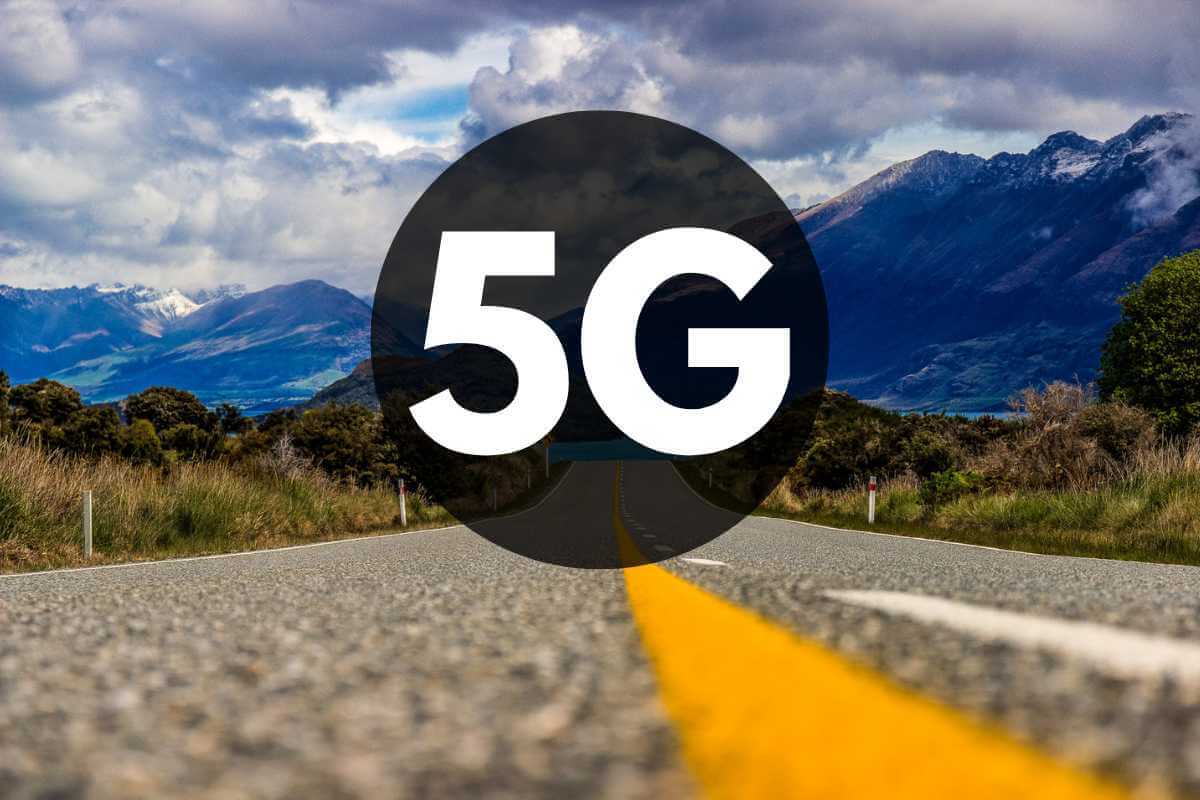
New Zealand's Radio Spectrum Management (RSM), business unit within the Ministry of Business, Innovation and Employment (MBIE), has unveiled its high-level allocation decisions for the 24 - 30 GHz radio spectrum range. This announcement follows a comprehensive consultation process in 2021 and marks a critical milestone in optimising spectrum utilisation.
RSM has made high-level allocation decisions for the use of this spectrum, with a focus on providing clarity to the mobile and satellite industries for their long-term planning.
Also Read: New Zealand Government Grants 3.5 GHz Spectrum to Major Network Operators for 5G Rollout
Use of the 24 - 30 GHz spectrum
High-Level Allocation Decision
The cabinet has made a high-level allocation decision for the radio spectrum range of 24 - 30 GHz. This decision aims to provide certainty to the mobile and satellite industries regarding the portions of the spectrum available for their use in the long term.
Allocation in the 26 GHz Band
In the 26 GHz band, the 24.25 - 27.5 GHz spectrum range will be primarily allocated for mobile use, with the potential inclusion of some satellite services in specific areas under technical conditions.
Allocation in the 28 GHz Band
In the 28 GHz band, the 27.5 - 28.35 GHz spectrum range will follow a sharing model between mobile and satellite services. The 28.35 - 29.5 GHz spectrum range will be primarily allocated for satellite services, with the option to include some mobile use under technical conditions.
Also Read: Spark to Close Its 3G Network in New Zealand in Late 2025
Balancing Industry Demands
RSM says the decision takes into account the competing demands from both the mobile and satellite industries for spectrum use. The high-level allocation seeks to balance these interests by providing opportunities for both industries to access portions of the spectrum.
Next Steps for Spectrum Availability
RSM is working towards making this spectrum available for long-term use by around May 2026. This involves a work program including technical work, industry consultation, engagement with stakeholders (including the Interim Maori Spectrum Commission), regulatory design, and further decision-making processes.
Also Read: One New Zealand Enhances 5G Speeds by up to 30 Percent With 3.5 GHz Band
Engagement with Industry
RSM will seek input from the industry, including detailed technical input, in various stages leading up to the spectrum's availability. The first engagement is expected to take place before the end of 2023, the Ministry of Business, Innovation and Employment (MBIE) of New Zealand explained in a statement.
According to the statement, Satellite service providers with current licenses can apply for extensions until May 2026 to continue providing services in New Zealand during the interim period. Future decisions on satellite licensing for long-term use are expected by May 2026.















